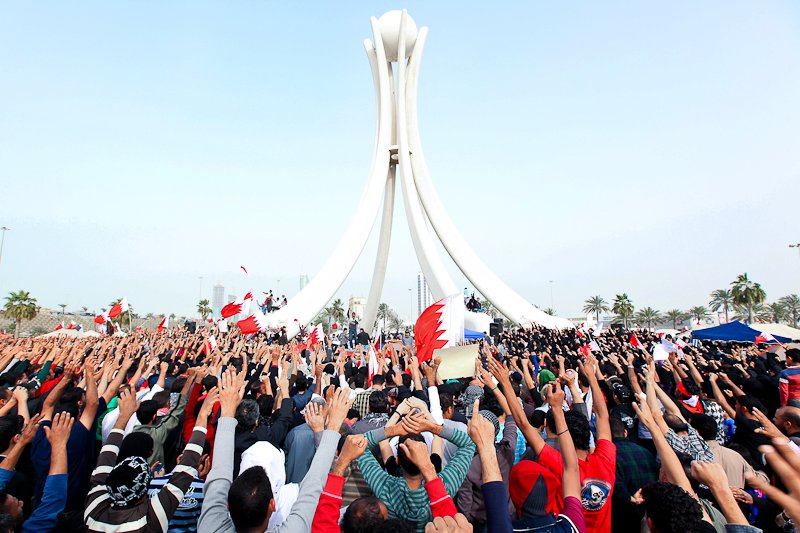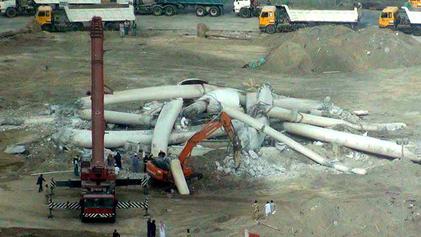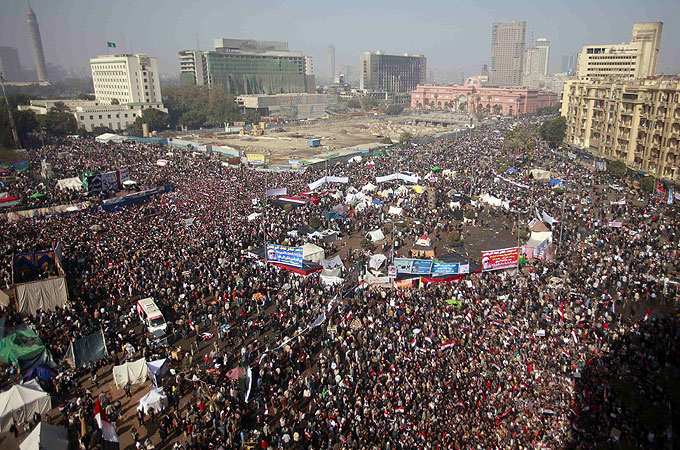I suspect [history will be unkind] to those “progressives” horrified by George W. Bush’s anti-terror campaign but mute to the terror of the Obama administration’s savage drone wars. These sensitive souls, so repulsed by the waterboarding of three terrorists ten years ago, now celebrate their administration’s version of a war on terror that swapped out the targeted capture of terrorists with a drone program that all too often kills children, women, grandparents and scores of innocent young men.Fair point. Barack Obama's record on civil liberties and executive privilege in the so-called war on terror is as bad as Bush's was. He has expanded the use of drones, which, yes, often kills innocent people and serves as a recruiting tool for terrorist groups, and has "embraced" a policy where all "military-age males" in a strike zone are presumed combatants, effectively rendering them guilty until proven innocent. He oversaw the passage of a National Defense Authorization Act (NDAA) that includes, in the words of the ACLU, "an extraordinary expansion and statutory bolstering of authority for the military to pick up and imprison without charge or trial civilians, including American citizens, anywhere in the world." He even sidestepped the War Powers Act, the most symbolic and perhaps the most unequivocal restraint on executive power, during NATO's intervention in Libya.
Granted, not all liberals have been quiet about Obama's use of drones or other worrisome aspects of his civil rights record. (Glenn Greenwald immediately comes to mind.) But we on the left have far too often been quiet, when loud political pressure is needed if we ever want these policies to change.
So mea culpa, Joe, you are absolutely correct. Until you write:
The release of the movie "Zero Dark Thirty" will surely lay waste to at least one of the left wing's lies: that the CIA's enhanced interrogation did nothing to gain actionable intelligence. “Zero” is generating angst amongst movie reviewers and essayists who were swept away by the film but left conflicted and uncomfortable specifically because this first draft of history accurately shows how the CIA's program played a major role in finding and killing Osama bin Laden.So let me get this straight. Shame on liberals for being silent on Obama's unacceptable use of drones while loudly decrying Bush's apparently acceptable use of torture? I suppose you could make the moral case that drones are worse. But you cannot claim that torture is acceptable. You can't even claim that torture was effective in gathering intelligence (unless you want to believe a Hollywood movie over a report approved by the Senate Intelligence Committee).
Doing so makes you guilty of the same intellectual dishonesty you just accused us of.
















